D-Link's Cloud Network Management solution provides ultimate flexibility for businesses looking to centrally manage one or more sites, anywhere, anytime.
Wi-Fi Access Points that deliver faster speeds.
D-Link’s superior Access Points are used in all types of businesses, organisations, and corporations around the world.
We're Wi-Fi Experts
We’ve sold over 10 million access points for a reason. Our technology works, is simple to deploy, and cost-effective to maintain.
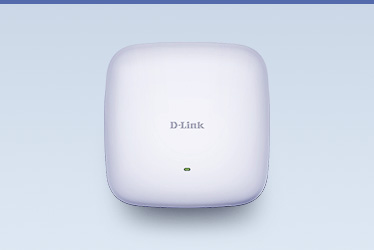
Nuclias Connect Software-Managed Access Points
DAP Series
Manage up to 1000 of these APs with the free Central Wi-Fi Manager.
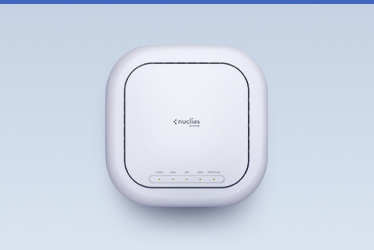
Nuclias Cloud-Managed Access Points
DBA Series
Manage unlimited APs from anywhere with the Nuclias app or a web browser.
Powerful network management, from anywhere
Nuclias is a unified high performance network management tool, with cost-effective scalability and a solution for every type of business.

Multiple Wireless Management Options
From a single AP to a completely cloud-managed multi-site organisation, there's a management option to get the job done. Select the one that matches your requirements and find out which products support it.
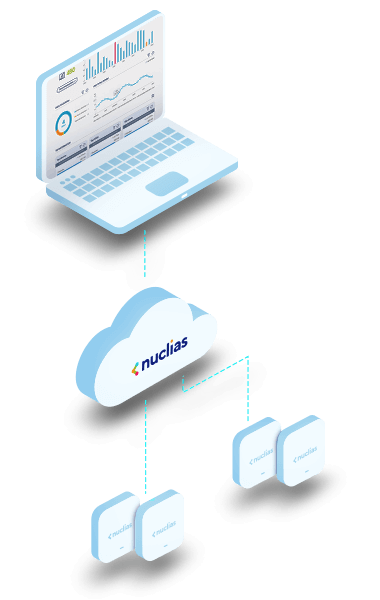
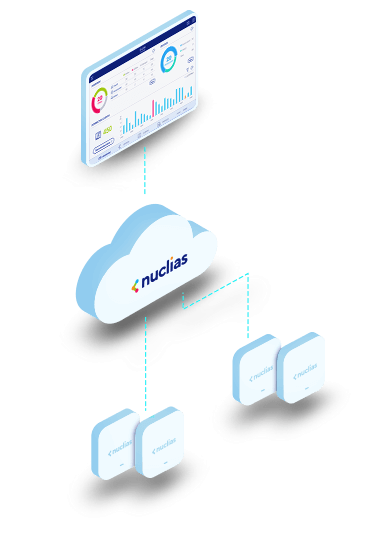
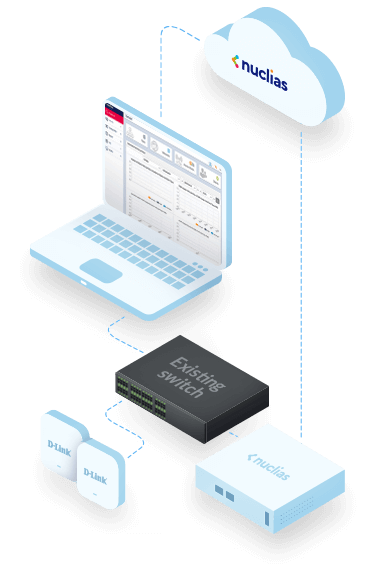
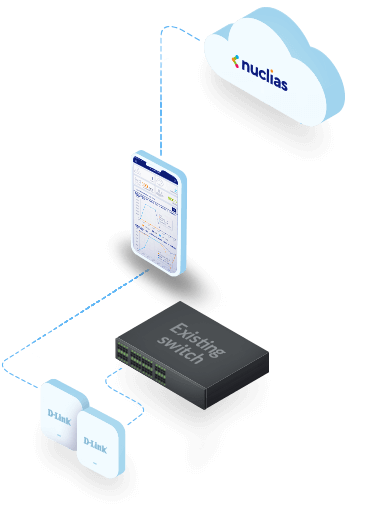

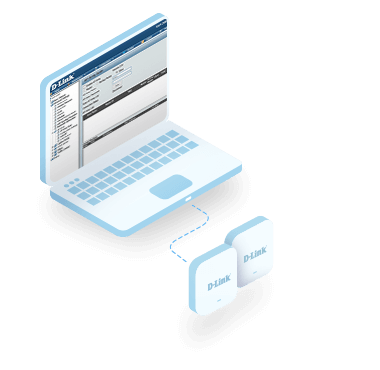
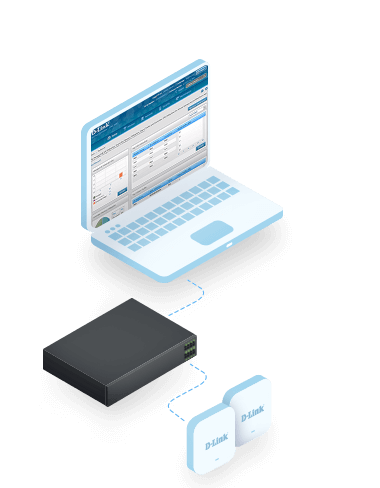
Nuclias Cloud
Nuclias Cloud app
Manage your Nuclias Cloud network from anywhere, anytime, using the intuitive app interface.
Nuclias Connect
D-Link's free Nuclias Connect software allows to you manage up to 1000 APs from a central location. Ideal for larger or multi-site implementations that require a complete solution with cost-effective scalability.
Nuclias Connect app
Manage your Nuclias Connect network remotely via the advanced Nuclias Connect app interface.
Hardware Controllers
Dedicated hardware pre-loaded with Nuclias Connect centralised network management software that can manage up to 100 APs.
Standalone
The simplest way of managing an AP, connecting to the web-UI. This, however, becomes problematic as your network grows, as you need to manage each AP individually.
Unified Hardware Controllers
For enterprise environments where performance and uptime are mission critical. Hardware controllers provide the most robust and resilient wireless network management.
A seamless, one-stop wireless solution.
Impact Hub, Stockholm (Sweden)
”D-Link’s network solution gave us a wireless network that was seven times faster. That gives me a competitive advantage, satisfied tenants and peace of mind.”
Jesper Kjellerås, Founder & Director, Impact Hub.
How we've helped others




Wi-Fi Planner Pro Tool
Plan and simulate Access Point deployments
Plan and simulate Access Point deployments
The Wi-Fi Planner Pro tool enables you to see Wi-Fi environments prior to deployment. It makes planning and communicating WLAN deployments with clients a lot easier. Wi-Fi Planner Pro is one of the free tools available on the D-Link Partner Portal which is exclusive to D-Link Partners.
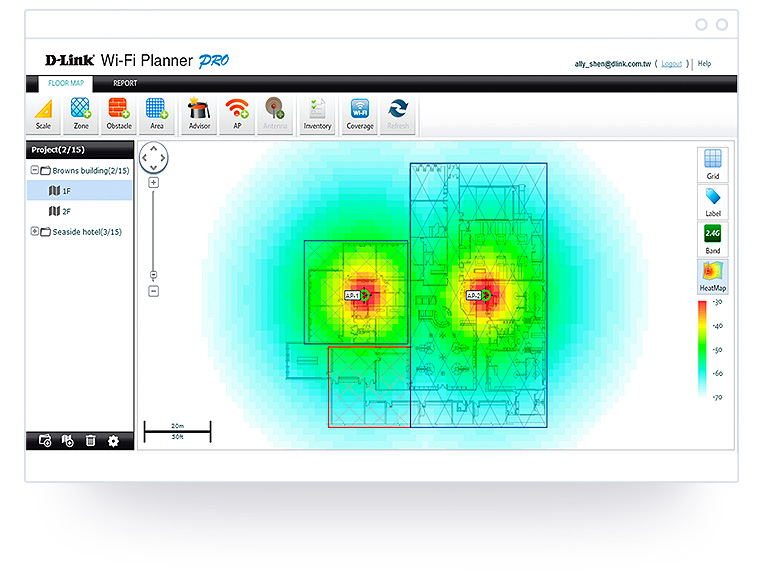
Product Selector Tool
Choose your model
1 Based on internal shipment numbers, 2000-2015.
2 Source: Gartner, "Enterprise WLAN Stand-Alone Access Points, Unit Shipments, Worldwide, 4Q16" March 2017.
